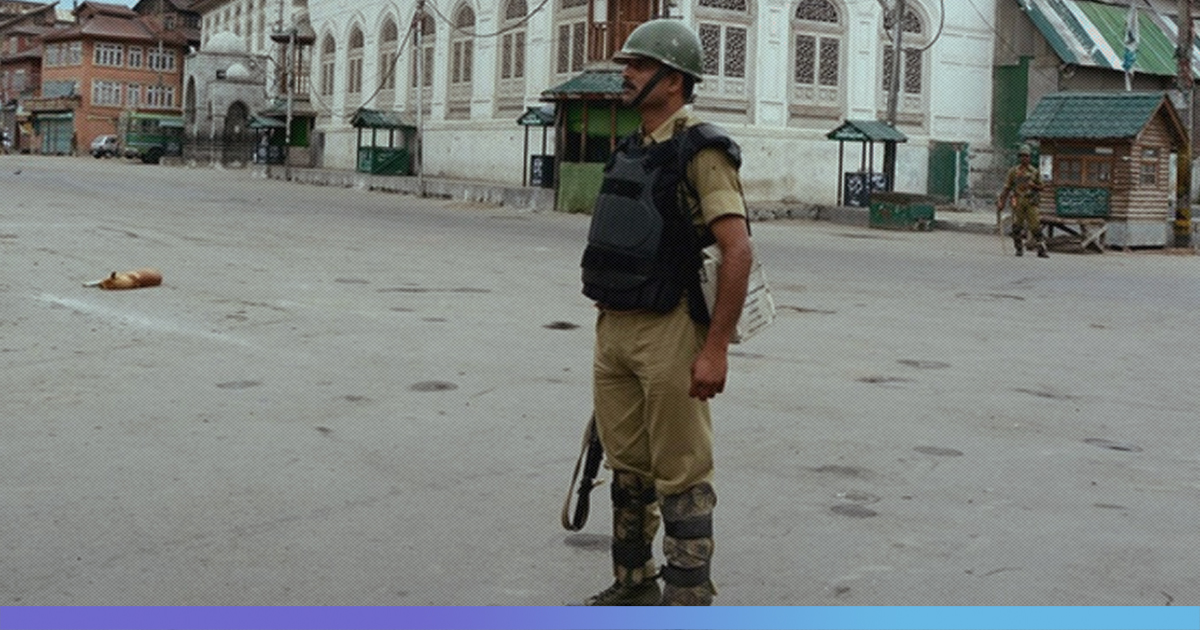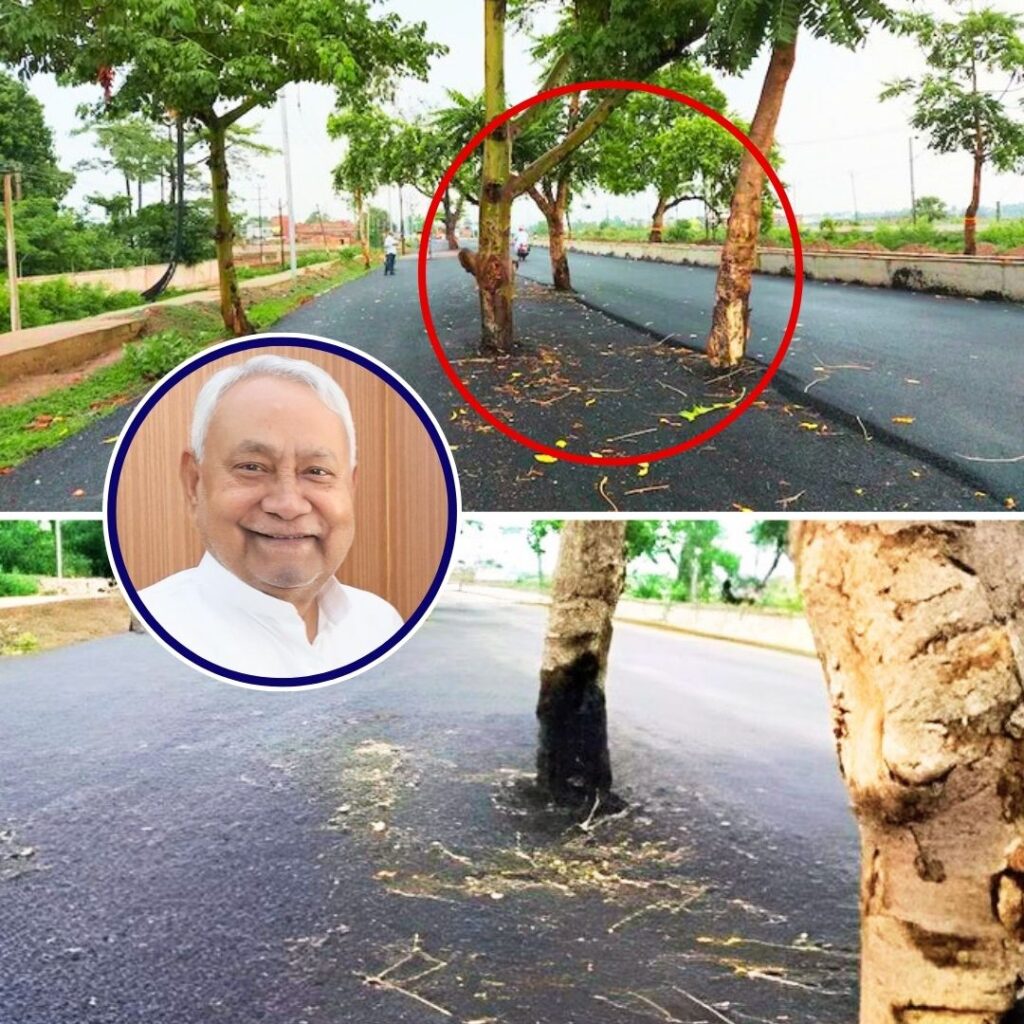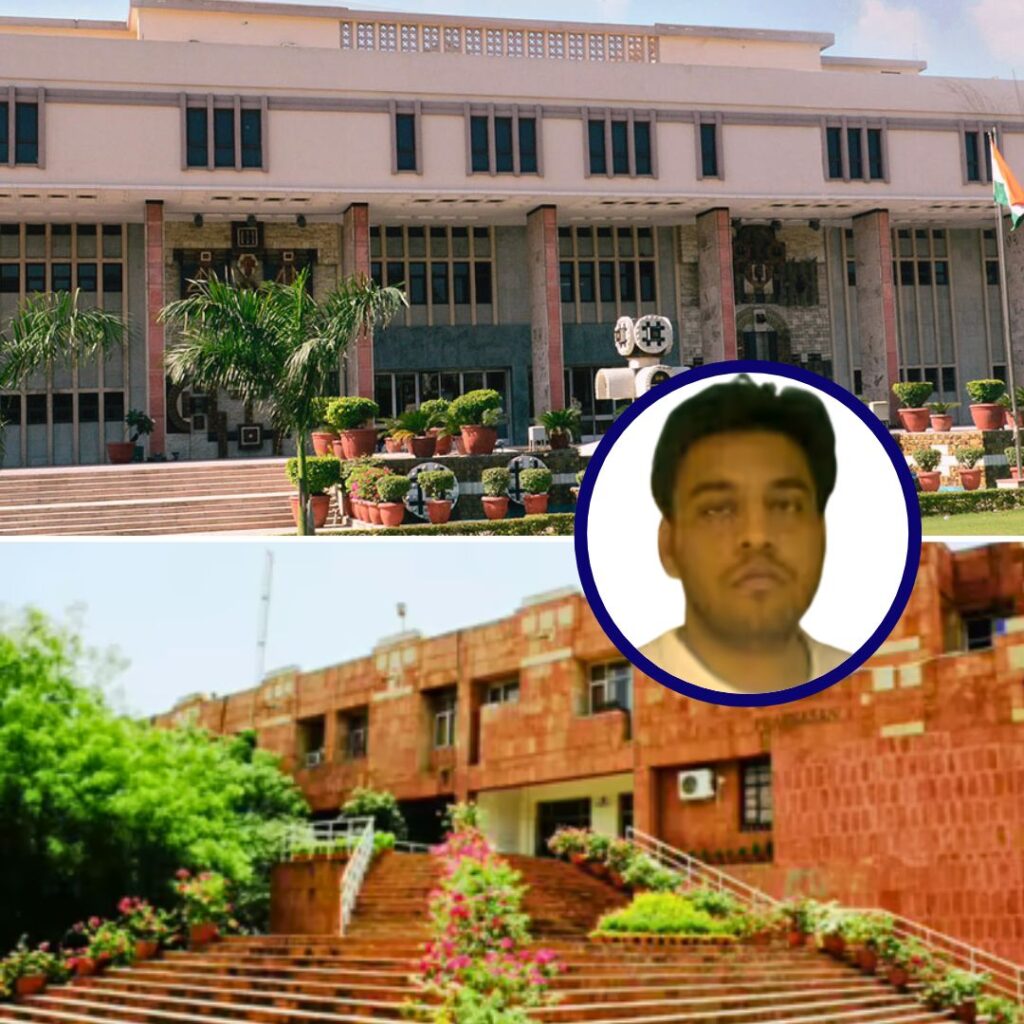“Go back to India and cover every statue of Gandhi so that he doesn’t have to face this shame”, marking the 150th birth anniversary of Mahatma Gandhi, a Kashmiri told the two-member-team of eminent sociologist Nandini Sundar and Supreme Court advocate Nitya Ramakrishnan those very words.
As we enter the 85th day of the Kashmir clampdown, two weeks ago, between the 5th of October and 9th of October the team travelled to many villages to find out the happenings there and the truth about reports of ‘normalcy’, post the abrogation of Article 370.
After speaking with a wide range of people from different professions and lifestyles, their report brings out the unsettling reality of the Kashmiri sentiment, contradicting the media and government’s narrative of ‘all is well’.
They visited the districts of Srinagar, Shopian, Pulwama, and Kupwara and interviewed approximately 78 people and as per their report, none of them was celebrating the abrogation of Article 370 and the abolition of Article 35A, as well as the conversion of the state into a Union Territory.
They found that almost every person wanted azaadi, which either meant complete independence from India and Pakistan, or a full merger with Pakistan.
Converse to what the Government of India intended with the revocation of Article 370, the constituency for Pakistan has increased drastically, along with those who regard Hurriyat leader Geelani as their main. There are no takers for the ‘so-called full integration’ that has been promised to citizens of the former state.
“Article 370 Is Our Identity”

“Even our animals want azaadi” A Gujjar sarpanch, who is recognized as a Scheduled Tribe minority in Kashmir said.
A shopkeeper in Srinagar told the team that although 370 had been hollowed out by previous regimes, it still remained as their identity.”
Regardless of specific views, everyone felt they had been robbed of their identity and humiliated by not being consulted on their own future.
Resisting the facade of ‘normalcy’ people are protesting in the only way possible – through satyagraha or nonviolent civil disobedience, the team found. There is a complete hartal across the state, despite severe economic and educational losses. Since the entire leadership is in jail – from mainstream parties to the separatist parties, this satyagraha is being carried out by the people themselves. There is some societal coercion, but by and large, it is entirely voluntary.
The team’s findings, completely opposite to what national television media is portraying has made them term their reportage ‘a disgrace’. The Kashmiri correspondents for national media report abuses and torture faithfully but the news is not always carried. The journalists remarked that in over two months, there hasn’t been a single editorial in Kashmir on Article 370.
Everyone feels that they have been forcefully pushed back to the stone ages without phones and internet. This communications blackout and mass arrest of mainstream leaders are new and unprecedented in the history of Kashmir that has already survived countless shutdowns.
One apple grower they met said he was “willing to lose 9-10 lakhs every year by not harvesting and selling his apples” if it got his people azaadi.”

Cases Of Torture
The locals of Parigam village in Pulwama say that after August 5th, their sons have been randomly picked up and tortured to instil fear. As per the team’s reported testimonies, on the night of August 6th, the army picked up 9-11 young men between the ages of 20-30 from eight houses.
“They met two brothers, Shabir Sofi and Muzafffar Sofi, who were taken to a spot outside the local mosque that night and beaten with cables and sticks on the road from 12.30 am to 3 am. They were also given electric shocks after they fell unconscious,” said the family members.
The boys crawled back home later that night and have been unable to move for the last two months, let alone work. When the families of the tortured youngsters tried to intervene, they were threatened and sent back. The families wanted to file an FIR in Pulwama but the police station has been closed and encircled with barbed wires.
Arrests And Detentions
The report says, “People with old FIRs were being picked up and kept in police stations. Sometimes they were released but most of them are charged under PSA and kept in Srinagar’s Central Jail or taken to Agra. Families are scared that if they protest or speak to the press, the detainees will be charged with PSA. In one incident in Pulwama, the army had hit two girls for protesting while their relatives were being taken to prison, they found.”
Known as a ‘militant’ village, Karimabad in Shopian saw the army wipe its region clean of youngsters as part of their ‘preventive detention measures’. Most of these young men have been to Agra even when they have had nothing to do with militancy, personally.
In the report, Nitya Ramakrishnan and Nandini Sundar list the names of those arrested persons – whose families they were able to meet and speak to:
- Mamoon Ahmad Pandit, 17, 2nd-year student, arrested on 7th August and lodged in Agra central jail under PSA.
- Munirul Islam, 20, arrested on 8th August at 2.45 am – whose sister testified that some army men jumped over their gate and dragged him out by his neck and hair. The army fired twice on the cement floor of their house and later took the cartridges away. The team saw the holes in the floor.
- Bilal Ahmad Dar (father of two small children) was said to have been taken away and the team was unable to trace his family.
- Mohd Shafi Mir, 35, Zahoor Ahmad, 25, Asgar Maqbul Bhat and Nadeem Mohd Sheikh from Prongroo village, Handwara were detained for alleged stone-pelting and even sloganeering.
In Srinagar, a boy named OM, 18, was arrested while women present at the time of his arrest were thrashed with rifle butts. During his arrest, the police used pepper and tear gas and his father, who probably tried to intercede, was shoved to the wall so badly that he cracked his forearm.
Inayat Ahmad of Soura, Srinagar, a shopkeeper and a father of two was arrested on 29th August for speaking to Al Jazeera and participating in protests. After 15-16 days in the police station, he was taken to the central jail in Srinagar and is currently being kept under PSA.

Custodial Deaths
On 3rd September 2019, Riyaz Ahmad Thickri, 20, of Bhandi village died in custody, the team found.
He had just returned from labour in Ladakh when the police came on 2nd September and summoned him in connection with a year-old timber smuggling FIR. On the 3rd, the police went to his uncle’s house, took him to the police station and informed him that his nephew had committed suicide with the drawstring of his salwar.
However, on examining his body, his family clearly saw that Riyaz’s nose was broken and the right side of his body from the shoulder to the hip was blue and bruised. A post mortem was conducted in Handwara hospital but the family has not been given a copy.
Riyaz was the main breadwinner in the family and his death has pushed his two younger brothers into mazdoori.
His family was conducting the traditional procession after his death but the police fired tear gas at the moving janaaza, seized the body and forcibly buried it before anybody could come. His uncle was also hit on the face during the procession.

Arrested Children And Minors
The team found that small children, as young as six-year-olds, are being picked up and kept for several days or asked to report from morning to the evening every day. In most cases, there is no record of their detention. They are being picked up on charges of playing resistance taraanas through mosque loudspeakers or for pelting stones.
In Pulwama and Srinagar, the team was told that children were scared to sleep in their own homes at night due to the fear of being taken away.
In a village in Shopian district, 20 children between the ages of 12 and 20 were picked up and kept for 15-20 days.
One 12-year-old child was picked up on August 10 and released on September 25 to a juvenile justice home as there are 6 cases against him, some which included stone-pelting and damaging houses and vehicles.
The fact-finders found that the police charged the families of the children Rs 100 per day for their food and allowed them to meet their kids for 10-15 minutes every day.
Due to overcrowding in jails, the detained children found it difficult to lie down and sleep. The team didn’t meet the children themselves but gained most of their information from the members of their families and the village elders.
Educational Losses
While schools are ‘officially’ open, no child is going to school. A six-year-old girl in Soura, Srinagar, said she was scared to go to school because “police uncle goli marenge”, says the report.
Parents are not willing to send their children to school with such heavy militarization and without phones. The team was told that the CRPF had occupied SP Higher Secondary School since August 5th but they could not personally verify this.
Rural schools were shut everywhere and in spite of some campuses being close to home, the omnipresence of the armed forces has instilled a fear in people that there may be some incident/shootout at any time.
Suggested Way Ahead
As per the team, in the long run, it appears that the Modi government’s abrupt step will result in a long-term Palestine-like occupation, with heavy costs not just to the Kashmiris but also to the Indian economy and polity unless there is enough international pressure to introduce some changes.
With the Srinagar High Court hardly functioning and a pile-up of over 300 habeas corpus petitions, the lawyers believed that the delay in legal hearings was being done intentionally to render the petitions infructuous.
Speaking to The Logical Indian, Nandini Sundar said that it was necessary for the government to immediately restore Article 370, reinstate all communication lines and services and initiate a democratic dialogue with the people over their future.
She also added that amidst all the chaos and turmoil, the grief-stricken Kashmiris they interviewed and visited still maintained their tradition of magnanimous hospitality and gifted them apples and pomegranates.
They carried out their fact-finding endeavour in a hired car and during their travel, several people in Srinagar and the villages told them that they, the Kashmiris, were surviving this clampdown thanks to their community’s traditions of support and co-operation, which have only strengthened as times have got tougher.
Also Read: Team Of Five Women Activists Uncover Kashmir’s Reality, Say Nothing Normal











